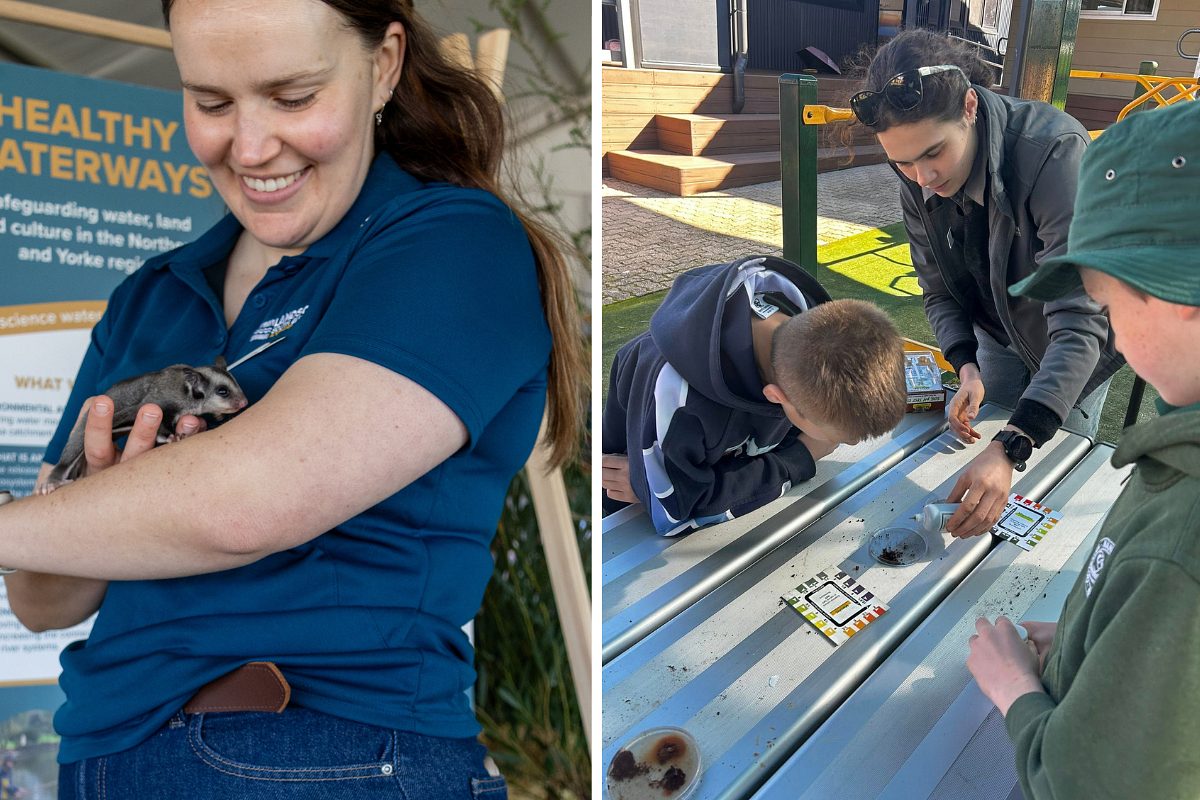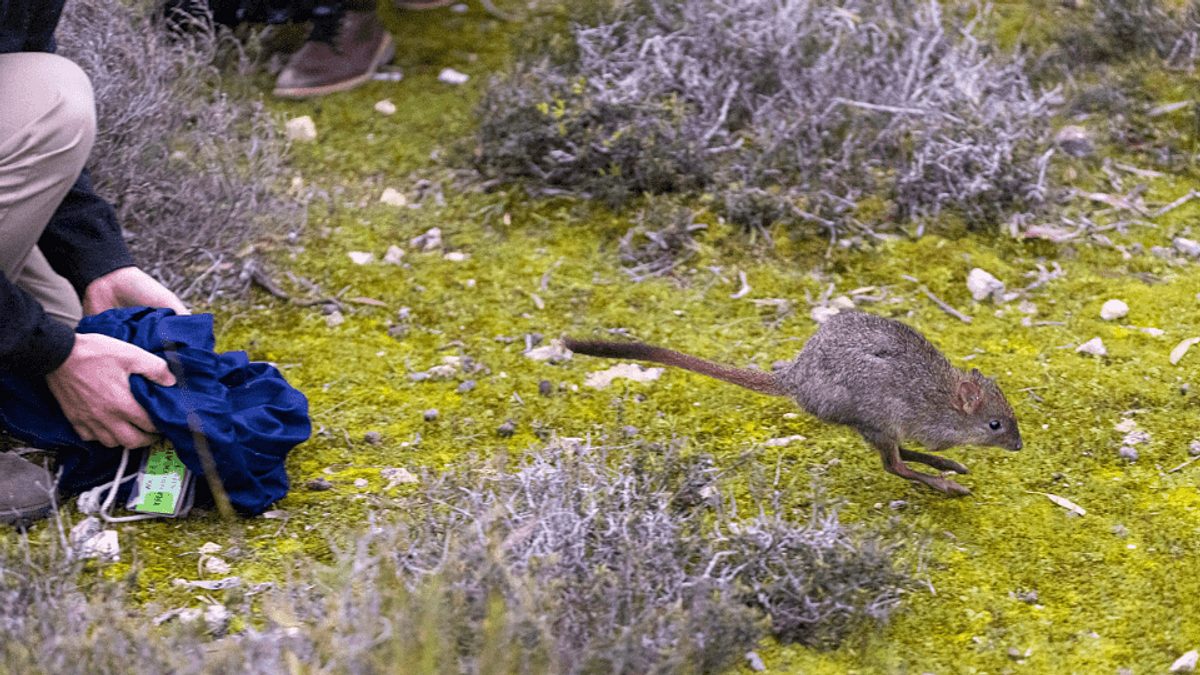Neil’s sustainable farming recognised
Peterborough grazier Neil Sleep has been awarded a Natural Resources Management Quiet Achiever Recognition Scheme certificate in recognition of his work in creating a sustainable property and a willingness to share his knowledge.
For the past 36-odd years, Neil and wife Antoinette have quietly been going about their business, running their grazing enterprise, Willangi.
Willangi is made up of seven properties, totalling about 3700 hectares, and since mid 2004 has been run using a cell grazing approach.
“The cell grazing operation involves putting several mobs of sheep into one mob,” Neil says. “To make this work we needed to make more than double the number of paddocks. Sheep are moved to a new paddock every three to six days. Rest time is more important than time grazed.
“Nearly 10 per cent of Willangi has been planted to saltbush on the most derogated land. The amount of grazing time on the area is between four to seven times greater than on grassland, however inter-row grasses are very important.”
Neil says the decision to move into cell grazing was mostly financial, but he also has a keen interest in the environment.
“We were growing wheat outside of Goyder’s Line which was very successful but then we had about five years in succession of bad seasons running up to 2004, and sheep and wool prices were recovering at that stage so that held a bit more appeal,” he says.
“At that stage I was growing Old Man Saltbush as a fodder shrub and we decided to pursue it and find out more about cell grazing sheep and I guess the rest is history.
“I’ve also always had an interest in the environment, trying to restore the native grasses out here but it was a bit hard using the old system of set stocking. Sheep eat all the best grasses first, eventually killing them off.”
Neil says sharing his knowledge over the years was a way of “giving back” to those that helped him, but also because he was proud of what they had achieved.
“I could see it was working from the early stages and became very passionate and really believed in the system,” he says.
“When I talked to neighbours and others about cell grazing a lot of them were really doubtful, as I was initially, so I realised the only way I could change that was to show them how it was working at our place.”


